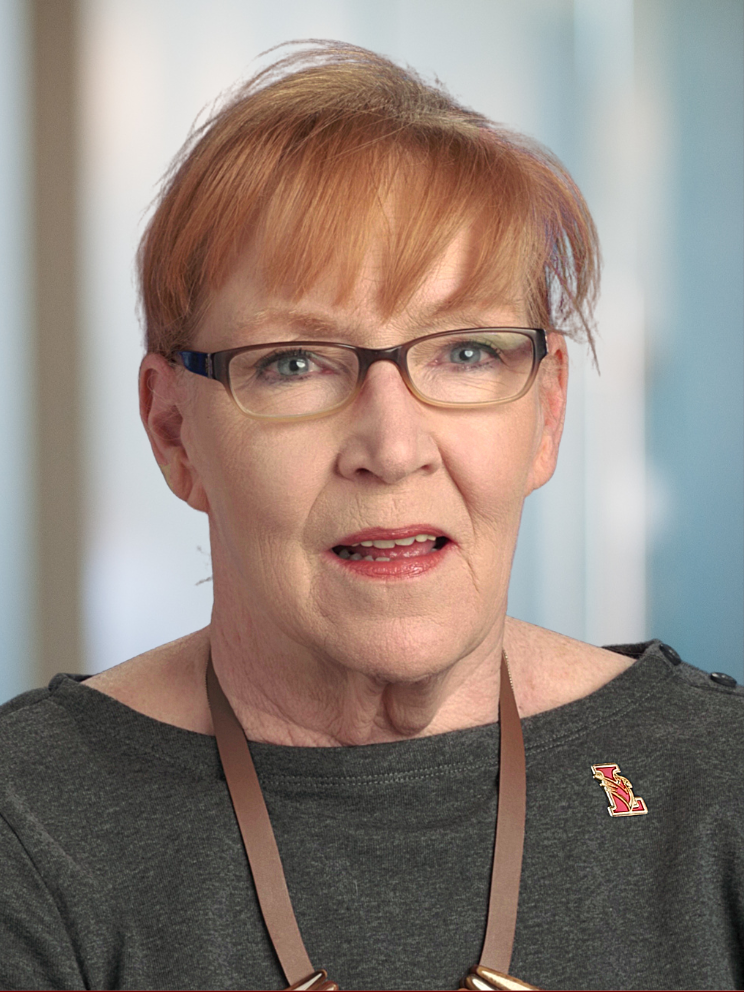Pick up any women’s magazine or any healthy-living publication and you are sure to be admonished to eat more fish. It’s good for your brain, your weight, your longevity. I know!
But in my house of picky eaters, I can only make fish for one. Thanks to my choosey children, my healthy choice for longer life has been put on hold except when I dine out. Then a few weeks ago, my 14-year-old daughter tried and enjoyed something new—fillet of sole. This daughter sports unrivaled food pickiness. Until a year or so ago, she ate no fruit, no vegetables and nothing you would consider meat. She did eat an occasional chicken nugget, but once, when served a dinosaur-shaped piece made by the same recipe as her “approved” nuggets, she dismissed the creature as “boy food.” Having my daughter eat fillet of sole was a big deal to me because it opened the prospect of having a regular fish night at home.
The recipe was fast and simple: a fillet with pesto, baked in the oven. I put sole on my grocery list again and considered the future bright with promise. Alas, my hopes were dashed when I recounted my fish tale to a friend. She said she hoped I would be buying sustainably. Of course, I said, and went home to do my research.
To my dismay, I discovered that it’s not only important to buy fresh fish but to know its country of origin. There may well be plenty of fish in the sea, but some types are so overfished that their numbers are dwindling. Some are caught in ways that harm the environment. Some come from countries without high standards for sustainability, clean water or health concerns. It was enough to make me rethink the chicken nugget.
But I soldiered on. I found the Natural Resources Defense Council’s great website that gave simple guidelines, and I even got a little wallet card with good, better and best choices. You can download one from the Monterey Bay Aquarium. Sign of the times: there is even an app for your smart phone for healthy choosing on the fly.
I only wanted to add a little fish to my diet, but I never thought it would be so complicated. To simplify, I now try to look for labels that verify that fish are caught sustainably—insisting on wild-caught and American may be enough to get me started. Longevity expert Mark Stibich, PhD, encourages fish eating for longer life and reminds us to consider mercury levels, to shop at a local fish market and to never choose fried fish. Best advice of all: he says to add a square of dark chocolate as a reward for following all the rules.
Even better news for me—I won’t have to share because my picky eaters don’t eat dark chocolate.

Pepper Evans works as an independent-living consultant, helping older adults age in place. She is the empty-nest mother of two adult daughters and has extensive personal and professional experience as a caregiver. She has worked as a researcher and editor for authors and filmmakers. She also puts her time and resources to use in the nonprofit sector and serves on the Board of Education in Lawrence Township, NJ.



